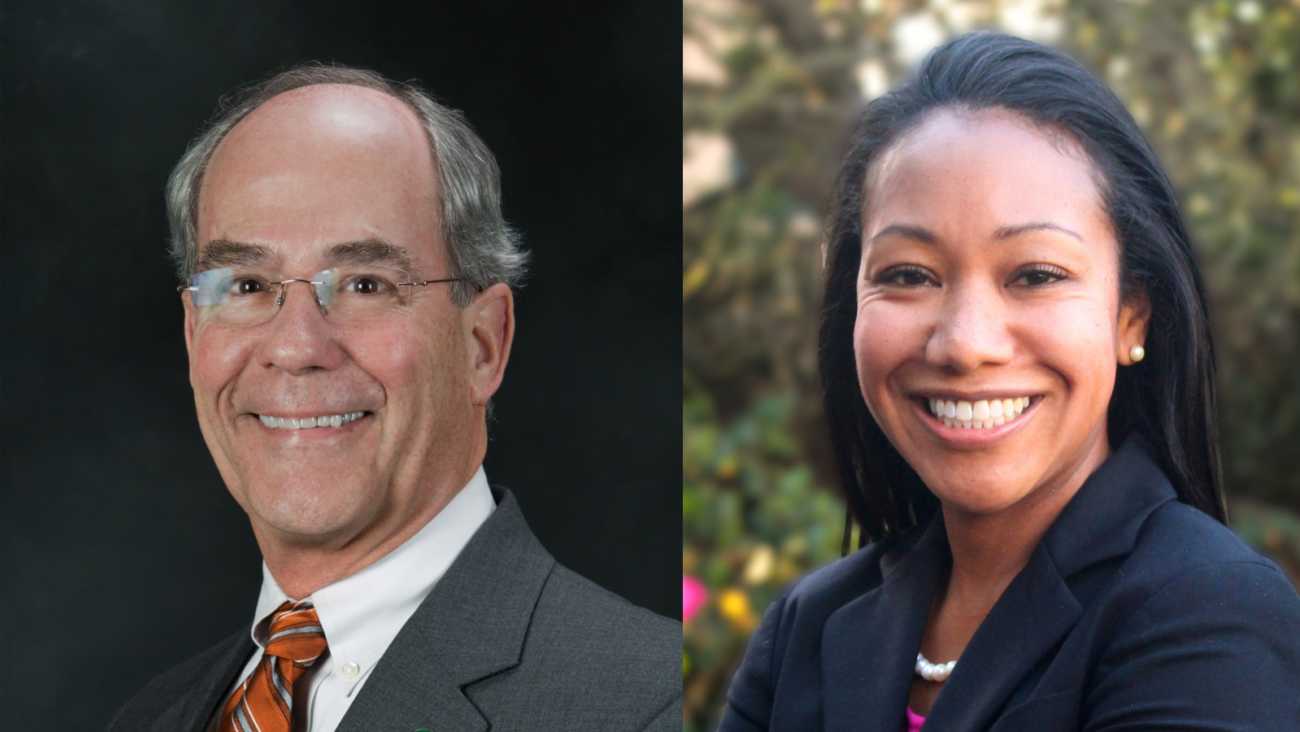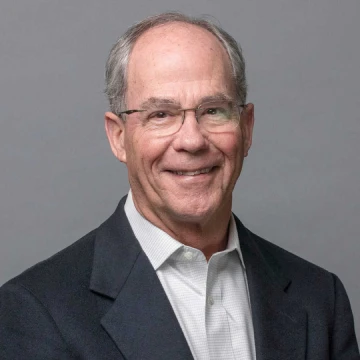Leadership Council Spotlight: Roger Niello

A prominent businessman with a strong penchant for civic and public service, Roger Niello knows California’s education system firsthand from every angle. His undergraduate and graduate degrees are both from University of California campuses, and his experience as a county official, state legislator, and business leader has given him unique insight into the “triple bottom line”: how higher education interacts with policy, employment, and overall community.
Mr. Niello first worked as a certified public accountant until joining his family’s business at Niello Auto Group in 1974, where he spent the next 25 years running retail automobile dealerships with his family partners. After serving as the president of the Sacramento Metro Chamber of Commerce, he was elected to the Sacramento County Board of Supervisors and later, the State Assembly. There, he served on the Banking and Finance, Budget, and Transportation Committees and authored legislation to cut waste from government, spur economic development and job creation, and promote budget reforms such as a spending cap and rainy day fund.
Currently, Mr. Niello serves on the California Competes Leadership Council, applying his expertise as a businessman and a former elected office to help better align higher education outcomes with employer needs, develop fiscally pragmatic policy solutions, and understand both local and regional economic and workforce development issues. California Competes Executive Director Dr. Su Jin Gatlin Jez asked about about the need to reform higher education and workforce development, along with his engagement with our work.
Dr. Jez: How has your experience shaped your view of the relationship between higher education and social and economic mobility?
Mr. Niello: My personal experience goes back quite a few decades, but I would not have been even able to enter my initial chosen profession (public accounting) without my higher education. Further, my professional experience then and in later jobs constantly proved to me the value of the skills I acquired in college. But speaking more broadly, and more importantly, there is unquestioned statistical proof of higher earnings linked to higher education. Especially for those from disadvantaged backgrounds, those higher earnings buy an individual mobility up the social and economic ladder.
Dr. Jez: Why is higher education so important to the success of our state?
Mr. Niello: Economic vitality is probably the most important factor in determining a community’s quality of life. And I have always believed that higher education is probably the most important economic development asset in contributing to economic vitality. Successful and growing businesses need a highly educated workforce, and they will pay the price to employ them. Absent that highly educated workforce, businesses’ growth will be greatly compromised and the higher earnings attributable to that employment will not materialize. That would threaten our state’s economic vitality, both in macro and micro terms, as well as our quality of life.
Dr. Jez: Why is systemic change needed in higher education and workforce in California?
Mr. Niello: At the current rate of higher education degree production, our state is developing a gap between the workforce successful businesses will need and the graduates available to meet that need. A coordinated approach is needed to ensure our institutions of higher education strategically address this impending shortcoming. The current, more disparate status quo runs the risk of a stagnant or shrinking economy.
Dr. Jez: How have you seen California Competes evolve over the years?
Mr. Niello: I am a relatively new member to the Leadership Council but in the short time I’ve been involved, I have been pleased with the organization’s current leadership as well as the activism shown by California Competes’s former executive director, Lande Ajose, who now serves as Senior Policy Advisor for Higher Education to Governor Gavin Newsom*. Their proactive approach fueled by the research done by the fine staff they have recruited and nurtured has steadily raised the stature and visibility of California Competes.
Dr. Jez: There are so many good causes that could benefit from your expertise. Why have you chosen California Competes?
Mr. Niello: What was that famous quote by Bill Clinton’s political advisor, James Carville? “It’s the economy, stupid”? Well, for me it’s all about the economy! Most of my endeavors outside the automobile business I co-own with my brothers has been economic development–oriented. Well, that and politics and public policy. As I already stated, California’s system of higher education is probably its most valuable economic development asset. When approached by my friend and Chair Liz Hill, I was drawn to the organization’s economic development mission; both for the state as a whole, as well as for individuals’ upward mobility. If I can help with that mission, I’m in!
Dr. Jez: Where do you see California Competes really moving the needle in higher education and workforce policy?
Mr. Niello: I think working the priorities that we have identified can move that needle. Pushing for a statewide longitudinal database and a central coordinating body can help provide strategic guidance toward closing the degree gap. We’re also pursuing strategies to provide opportunities for adults with some college to complete their degree work, especially online learning capabilities. In addition, our California Higher Education Policy Institutes for Legislators and Staff raise the visibility and awareness of California Competes with policymakers.
*Since the interview was conducted, Lande Ajose has left the governor’s office.
